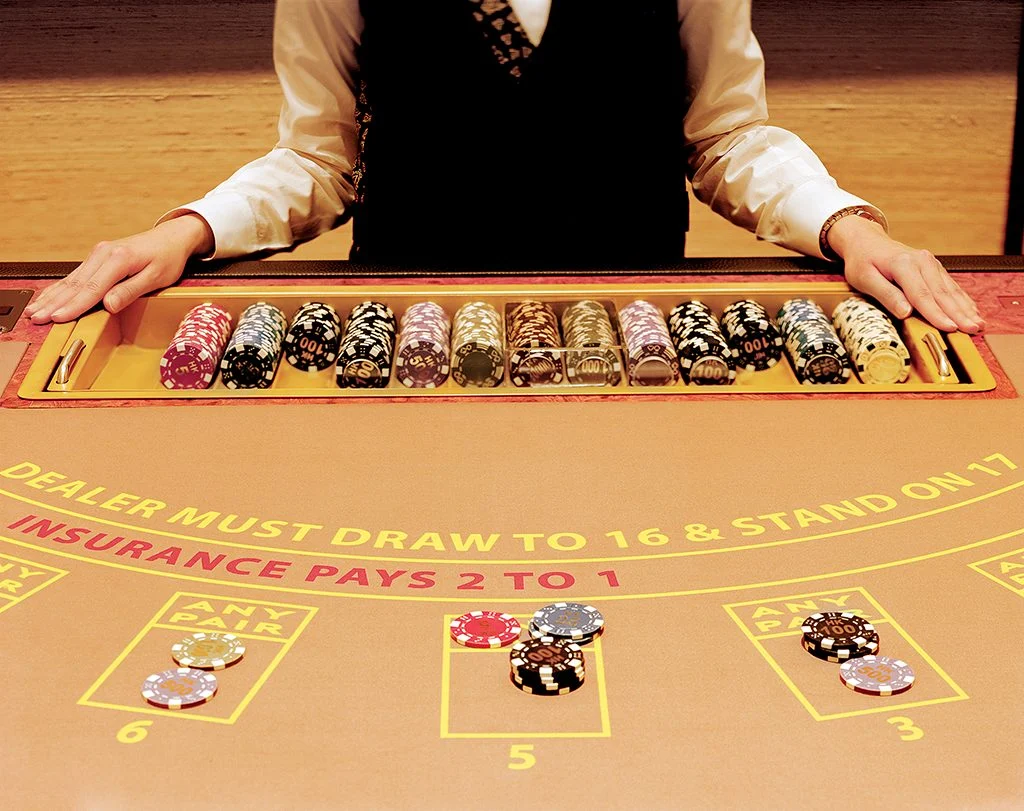China has the world’s largest population of 1.4 billion. In the coming years, the Chinese state is likely to become the world’s first economy. Such a population and its increasing wealth make the country an incredibly attractive place to do business. Including the poker industry: all the rooms are dreaming about such a source of traffic. The only thing that gets in the way is strict local legislation, which limits foreign companies’ access to the Chinese market. What is the situation with gambling in a closed country?
Gambling is considered illegal in China. Residents of the country, regardless of the region, can play only one gambling game operated by the state itself – the lottery. All other activities involving betting are located in two gaming zones – Hong Kong and Macau.
In Hong Kong only four types of gambling entertainment are available – mahjong, lottery, horse racing and football betting. Macau, on the other hand, offers a wide range of card games, roulette, craps, slot machines and much more. Essentially, Macau is a Chinese casino city, comparable to Las Vegas in the US. China’s gambling capital is a popular tourist destination for junket tours.
Gambling in China
Many historians believe that China is the birthplace of gambling.
Soldiers of the medieval Chinese army invented picture cards and used them for gambling. It is not difficult to guess the prototype of modern card decks in soldier’s cards.

The stereotype of China’s incredible gambling did not arise out of nothing. It is rooted in the country’s culture, which views gambling as a temporary weakness of the soul rather than a disease. Another peculiarity of Chinese culture is the rejection of the concept of ‘luck’. Any gambling for them is a test of their numeracy and thinking skills.
The first casino on Chinese soil opened in 1847 in Macau. Here the Chinese were almost a century ahead of Las Vegas. The pioneering status didn’t help gambling: since 1949, when the Communist Party came to power in the country, all gambling activities were banned. An exception was made for the only two state lotteries that the legislation removed from the list of gambling games.
Prohibition in a country with a huge population and a love of gambling led to the formation of a giant black market. Underground casinos, lotteries, card games have all flourished in China. The size of the illegal gambling market is estimated at $150 billion.
The nuances of legislation in China
The state fiercely and consistently fights gambling entertainment. It’s not just about shutting down underground casinos and imprisoning the organisers – all online gambling is also banned. In 2018, all poker apps were outlawed. Online poker advertising on Chinese social media has also been banned. Dozens of agents were arrested for recruiting customers from China. The country’s justice has not only reached its own citizens, but also offenders from neighbouring states. In 2020, Bodog Asia shut down.
In 2021, the country’s criminal code increased penalties for any involvement in gambling entertainment with foreign providers. The punishment was up to 10 years in prison. Before the new version of the gambling regulations came into force, Chinese people were advised to turn themselves in. They promised reduced sentences, or even just a stiff warning instead of a real sentence.
What do Chinese people gamble at?
China has been around for several millennia, so the list of gambling games includes many unique variants like xiangqi, saizzi and paigu. There’s also the more internationally known mahjong. Since Hong Kong’s incorporation, the Chinese have increasingly opted for classic casino games: poker, roulette and slot machines. Thanks to a legal operator from Hong Kong, sports betting also operates.
Two national lotteries are very popular: a sports lottery and a charity lottery.
China and poker
No one wanted to equate poker to a lottery and remove it from the list of gambling games. That’s why it is impossible to play here legally. Both offline and online poker have been banned. In 2018, all shops removed any poker-related apps.
The poker loopholes are linked to the special status of Hong Kong and Macau. There are also special resort liners or barges where poker is played. They pick up passengers from China, sail out of territorial waters – and that’s where the gambling starts.

Macau – the capital of Asian gambling
For the Asian region, Macau is the local version of Las Vegas. For nearly 4.5 centuries Macau was a colony of Portugal, but united with mainland China in 1999. It was the Portuguese who laid the foundation for the flowering of gambling in Macau. It is the only place in China where casinos are legally allowed. More than 50% of Macau’s revenue comes from gambling.
Macau has surpassed Las Vegas in revenue: the gambling capital of the world is now in Asia! The poker stars were shrewd and travelled to Macau for the expensive game even before it became mainstream.
Poker in Macau didn’t appear long ago – in 2007. The first live tournament series was held in November of that year. Live dealer cash tables opened in 2008. Earlier there was an electronic table. Now the biggest poker game is played at Wynn Macau, StarWorld and Venetian casinos.
Live Casino
Many Chinese players have never had the opportunity to visit a land-based casino due to geographical restrictions. Live Casino can remedy this by offering gameplay that mimics a physical casino through high definition streams and interactive organisers and speakers with whom you can interact in real time. What’s more, Live Casino offers dozens of unique table game options, many of which are based on Chinese culture.
Where are players from China allowed to play?
There aren’t many options: Macau, resort liners, playing overseas. All other solutions are fraught with criminal prosecution. Asian poker apps work in China, but depositing money or withdrawing winnings are non-trivial tasks.
